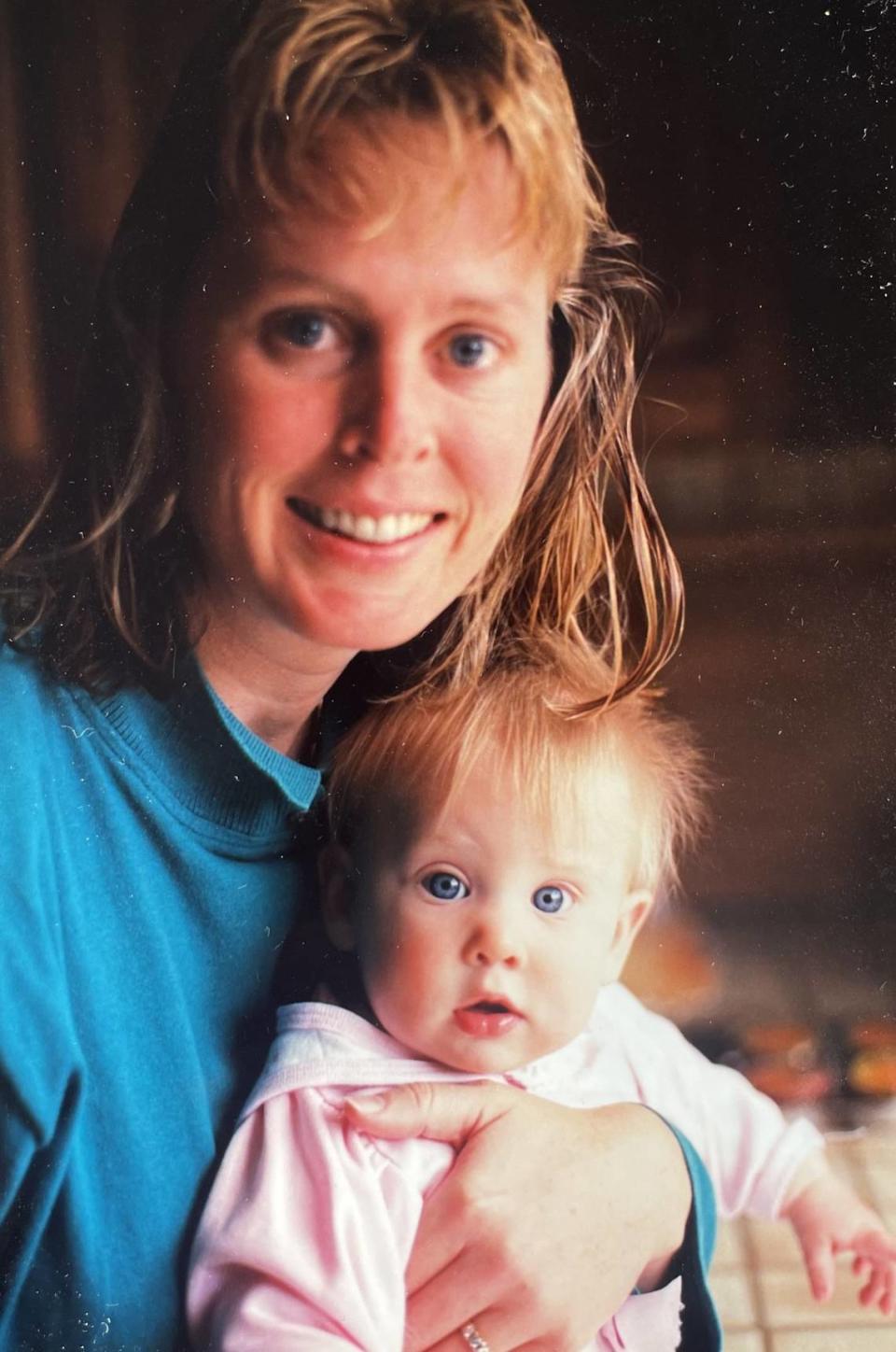30 years ago, I got IVF treatment in Sacramento. Now, my heart hurts for Alabama women | Opinion
Thirty-three years ago, I underwent in vitro fertilization (IVF) treatment at the Northern Nevada Fertility Center in Reno after trying to conceive the traditional way. My mother had been prescribed diethylstilbestrol (DES) in the ‘50s to help alleviate miscarriages, and the harmful side effect was passed on to me: a misshapen uterus, a common outcome.
Opinion
Soon after I began treatment in 1988, I followed my doctor as he transferred to Sacramento’s Northern California Fertility Medical Center. My doctor was progressive, and I had faith things would eventually work in my favor.
I felt so lucky, like the luckiest woman alive, to take part in this new science — this new possibility of hormone therapy, egg extraction, in vitro fertilization in the lab, followed by fertilized egg transplant (zygotes) into my fallopian tubes. I was told I was the center’s first Zygote Intrafallopian Transfer patient, which made every cell in my body dance ecstatically. Here I was living in California with miraculous medical opportunities about which I had previously never dreamed.

As I look back on my experience undergoing IVF treatment over three decades ago, I feel livid that the Alabama Supreme Court, in an 8-1 ruling, declared that frozen embryos outside the womb are considered children, potentially ending IVF treatment in the state.
The majority ruling by Alabama’s fully Republican court (most of whom are male) is based on religion — a thing the Supreme Court knows should not be the impetus for a ruling. Ignoring this, Alabama effectively turned the entire state of IVF upside down for women there. I can only hope the decision will be reversed or ruled unconstitutional.
More than three decades later, women in Alabama may not have the same opportunity once afforded to me and my family.
I feel deep, sick pain for women who have undergone hormone therapy and were one day out from egg extraction or fertilized egg transfer and were told they would have to wait. The lonely, emotional fallout is devastating for them — not to mention the financial and physical extremes they have had to endure during their IVF process. I hope women in Alabama can find a way to transfer their treatment to nearby states.
My daughter and I made history at that Sacramento IVF clinic. That was followed, two years later, by the birth of my second daughter. Those zygotes were magic possibilities — my dreams and hopes. My body had work to do, to accept them, nurture them, grow them and become fully pregnant with them until they were viable enough for me to be considered pregnant. But they alone were not children.
When I was 17 and a senior in high school, Roe v. Wade passed and abortion became legal. On some level, I was excited because it meant freedom for women. I remember everyone on the front lawn of the high school being overjoyed, feeling that society was progressing.
Now, Alabama is regressing. I am about one week away from becoming a grandmother, and I can only hope the ignorance remains within Alabama’s borders and leaves the rest of the country alone to pursue scientific wonders.
Marianne Porter earned her MFA in creative writing from the University of Nevada, Reno at Lake Tahoe. She is a freelance writer for Moonshine Ink, a monthly Truckee/Tahoe news publication, and her travel memoir, “Adrift Across Europe, 1973-’74,” has been accepted for publication by Pegasus Publishers.

